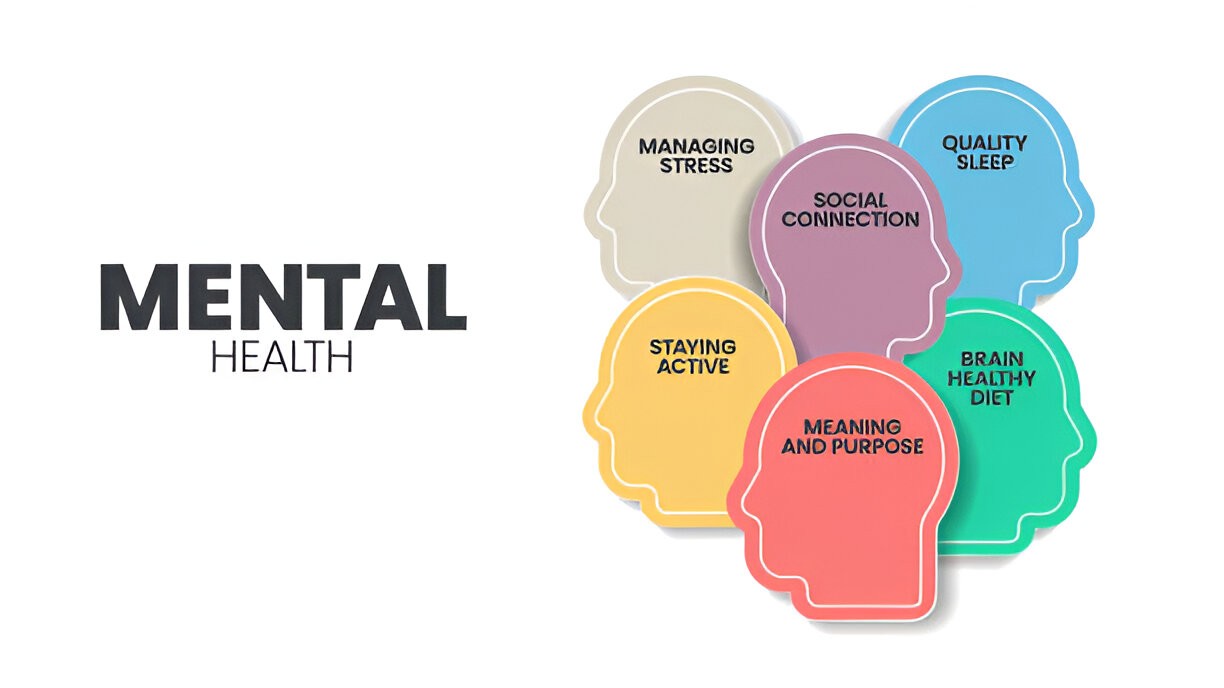Mental health care should never feel like a luxury. Yet, for many people, the cost of therapy, psychiatry, and medication makes it difficult to seek help. Fortunately, Cigna Insurance makes mental health services more accessible and budget-friendly. Whether you need treatment, medication management, or psychiatric care, Cigna helps reduce out-of-pocket costs so you can focus on improving your well-being.
At Happy Sol Health, we believe that cost should never be a barrier to mental health support. That’s why we partner with Cigna Insurance in New York, ensuring that individuals can access top-tier psychiatric care without financial strain. Let’s explore how Cigna makes mental health care more affordable and how Happy Sol Health simplifies the process for you.
Maximizing Your Cigna Insurance Benefits for Mental Health
Cigna provides broad coverage for mental health services, allowing individuals to receive care at reduced costs. Here’s how this insurance plan helps you save:
- Therapy and Counseling – Many Cigna plans cover sessions with licensed therapists, reducing the financial burden of regular counseling.
- Psychiatric Evaluations – Initial assessments to diagnose and create treatment plans are included in most policies.
- Medication Management – Cigna psychiatrists prescribe and monitor medications, ensuring they are effective and affordable.
- Virtual Appointments – Online therapy and psychiatric consultations eliminate travel costs and make care more convenient.
By choosing in-network providers, such as those at Happy Sol Health, you can access these benefits at a fraction of the standard cost.
How Happy Sol Health Simplifies the Process?
Navigating health insurance can be overwhelming, especially when seeking psychiatric care. At Happy Sol Health, we take the guesswork out of the process by:
- Matching you with the Right Provider – We connect you with experienced Cigna psychiatrists in New York who fit your specific needs.
- Helping You Understand Your Coverage – Our team explains in simple terms what services are included under your Cigna plan.
- Assisting with Appointment Scheduling – We handle the logistics, so you don’t have to worry about long wait times or confusing paperwork.
- Offering Flexible Care Options – Choose between in-person visits or online consultations based on what works best for you.
With Happy Sol Health, you get affordable, high-quality mental health care without the hassle.
Frequently Asked Questions
- What mental health services does Cigna cover?
Cigna covers therapy, psychiatric evaluations, medication management, and virtual mental health care. Coverage varies based on your specific plan.
- How can I find a psychiatrist in New York who accepts Cigna?
You can search through Cigna’s provider directory or let Happy Sol Health match you with the right psychiatrist in your area.
- Does Cigna cover telehealth psychiatric appointments?
Yes, Cigna supports virtual therapy and psychiatric consultations, allowing you to receive care from home.
- What are the benefits of choosing an in-network Cigna psychiatrist?
Seeing an in-network provider lowers your costs significantly, as Cigna covers a larger portion of the service fees.
- How does Happy Sol Health help with Cigna Insurance?
We connect you with Cigna-approved psychiatrists, assist with scheduling, and ensure you understand your insurance benefits fully.
Your Mental Health Matters—Start Today
Getting mental health support should be simple, stress-free, and affordable. With Cigna Insurance and Happy Sol Health, you can access top-quality psychiatric care while keeping costs low. Whether you need therapy, medication, or a psychiatric evaluation, we’re here to help every step of the way.
Take control of your mental health today—reach out to Happy Sol Health and let us connect you with a Cigna psychiatrist in New York.





